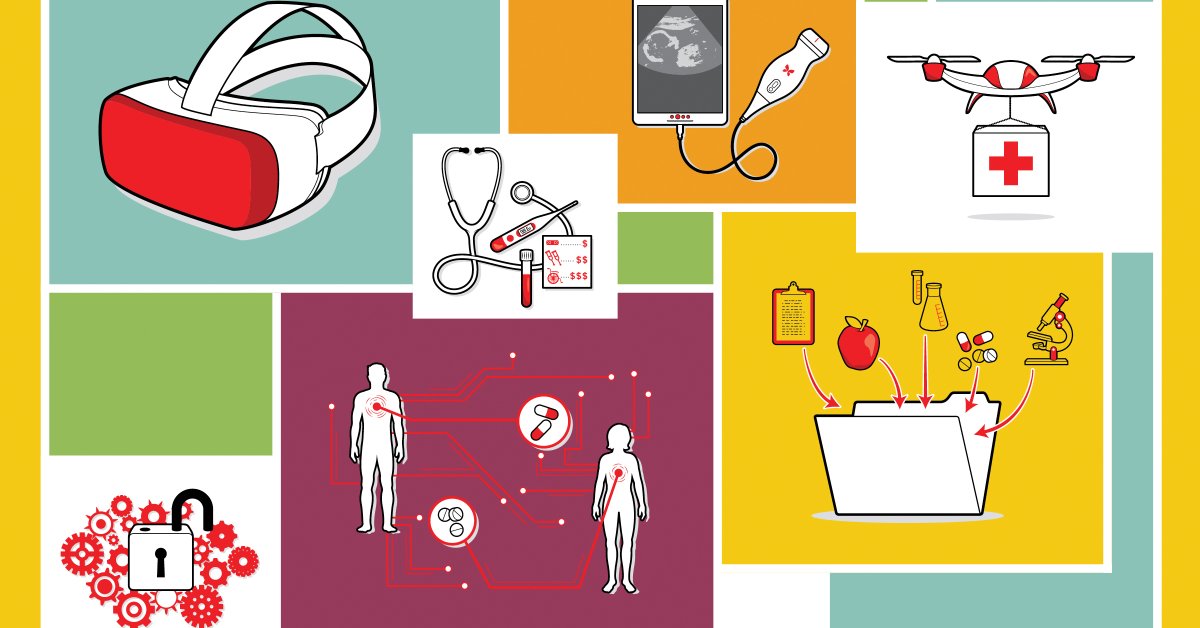› Forums › Startups › News (Startup) › 12 Innovations That Will Change Health Care and Medicine in the 2020s
- This topic is empty.
-
AuthorPosts
-
-
March 23, 2020 at 5:44 pm #40074
#News(Startup) [ via IoTGroup ]
Headings…
12 Innovations That Will Change Health Care and Medicine in the 2020s
David Abney: Drone-delivered medical supplies
Christine Lemke: The biggest Big Data
Doug Melton: A stem-cell cure for diabetes
Abasi Ene-Obong: A more diverse global bio bank
Sean Parker: A disruptive approach to cancer research
Thomas Reardon: A wristband that can read your mind
Jonathan Rothberg: An ultrasound in your pocket
 Shravya Shetty: Cancer-diagnosing artificial intelligence
Shravya Shetty: Cancer-diagnosing artificial intelligence
Joanna Shields: AI to read every science paperAuto extracted Text……
“We expect UPS Flight Forward to one day be a very significant part of our company,” says UPS CEO David Abney of the service, which will deliver urine, blood and tissue samples, and medical essentials like drugs and transfusable blood.
If there were a way to aggregate all that data from even a few million of us and make it all anonymous but searchable, medical researchers would have a powerful tool for drug development, lifestyle studies and more.
A major limitation threatens to hamper the era of personalized medicine: people of Caucasian descent are a minority in the global population yet make up nearly 80% of the subjects in human-genome research, creating blind spots in drug research.
If companies are going to profit by developing marketable drugs based on the DNA of African people, Africa should benefit: so, when partnering with companies, 54gene prioritizes those that commit to including African countries in marketing plans for any resulting drugs.
“If we are part of the pathway for drug creation, then maybe we can also become part of the pathway to get these drugs into Africa,” Ene-Obong says.—Corinne Purtill
For example, all of the participating institutes have agreed to accept an approval decision by any of their respective Institutional Review Boards, which “allows us to get major clinical trials off the ground in weeks rather than years,” says Parker, and at lower costs.
Perhaps most important, Parker wants to infuse the project with his market sensibility: “We follow the discoveries coming from our researchers and then put our money behind commercializing them,” he says, either by licensing a product or spinning it out into a company.
“There was a time when the thermometer was only used in a medical setting, when a blood-pressure cuff was only used in a medical center,” Rothberg says.
Shetty is the research lead of a Google Health team that in the past two years built an AI system that outperforms human radiologists in diagnosing lung cancer
Read More..
AutoTextExtraction by Working BoT using SmartNews 1.0299999999 Build 26 Aug 2019
-
-
AuthorPosts
- You must be logged in to reply to this topic.
